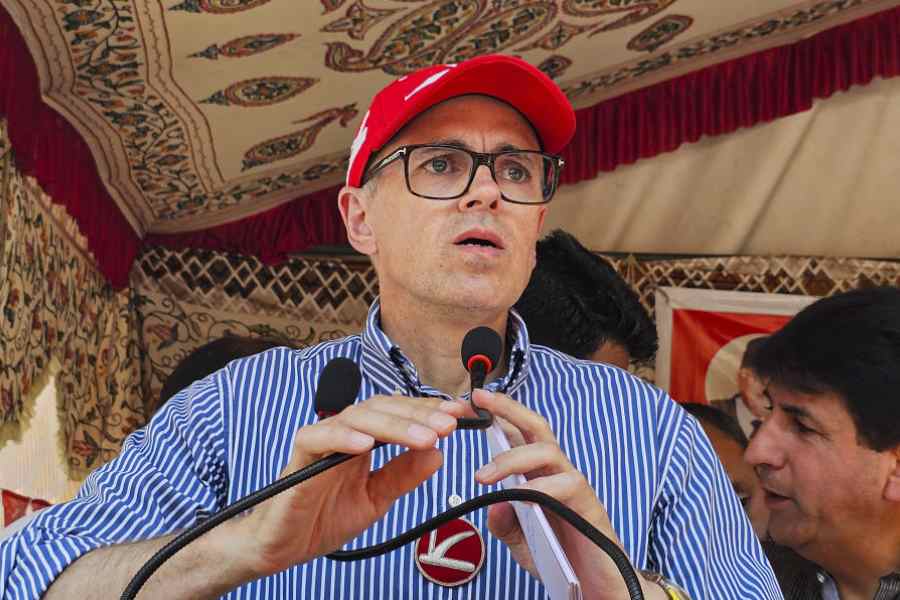
Abdullah, the vice president of the Jammu and Kashmir National Conference (NC), will lead a coalition government formed by his party and the Congress. The alliance secured a majority in the 90-member legislative assembly, with the NC winning 42 seats, Congress capturing six, and one seat taken by CPI(M). The inclusion of several independent and rebel candidates has further solidified the coalition’s strength. This momentous event follows the first assembly elections in Jammu and Kashmir since its reorganization under central rule.
The decision to appoint Omar Abdullah was confirmed by his father, Farooq Abdullah, the president of the National Conference, in a press briefing held earlier this week. Abdullah’s coalition victory was celebrated across the region, particularly at the party’s headquarters in Srinagar, where party workers engaged in jubilant celebrations, including dancing and bursting firecrackers. The festive atmosphere highlighted the sense of relief and victory within the NC, which had faced political challenges and attempts to diminish its influence over the past five years.
Abdullah's political journey to this point has been marked by uncertainty. Initially reluctant to contest the election, he eventually won both his seats in Budgam and Ganderbal districts, regions he had previously represented during his earlier tenure as chief minister. After the results were declared, he visited Budgam to express his gratitude to the voters for their support and emphasized the importance of fulfilling the expectations of the people of Jammu and Kashmir in the years ahead. His priorities as chief minister, he noted, would focus on addressing the socio-economic needs of the region, which has witnessed significant changes since its transition to Union Territory status.
The political landscape in Jammu and Kashmir has seen considerable shifts over the last five years. The revocation of Article 370 in 2019 removed the region’s special constitutional status, while its bifurcation into two Union Territories—Jammu and Kashmir, and Ladakh—led to extensive changes in governance. The people of the region have now voted in the first election held under this new arrangement, and the result has brought the National Conference back into the center of power, marking a new era for the Abdullah political dynasty.
The NC-Congress alliance’s victory also brings with it fresh challenges. Expectations are high for Abdullah to navigate the political complexities of the Union Territory, particularly in a landscape where the Bharatiya Janata Party (BJP) remains a formidable political force, although it did not secure the majority it had hoped for in these elections. Observers note that Abdullah will need to balance regional aspirations with the central government's overarching influence, especially as Jammu and Kashmir remains directly under New Delhi’s control in several administrative areas.
Abdullah has publicly acknowledged these challenges, stating that while efforts were made to diminish the NC's role in the region, the party's resilience has ensured its continued relevance. He added that the NC’s responsibility has now increased, with the mandate from voters indicating a desire for effective governance and stability. As he prepares to take office, Abdullah has emphasized the need for unity and collaboration among different political factions to meet the region’s pressing concerns.
